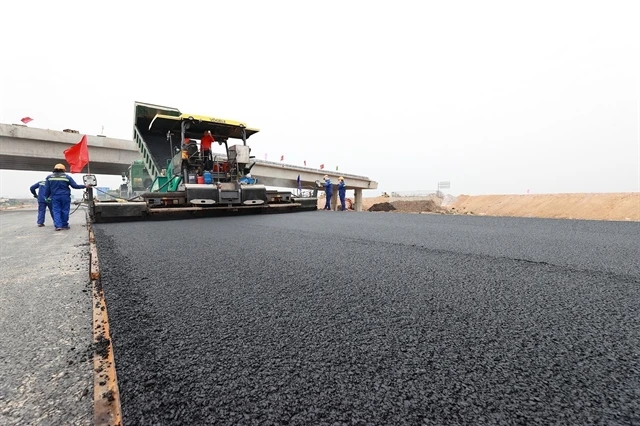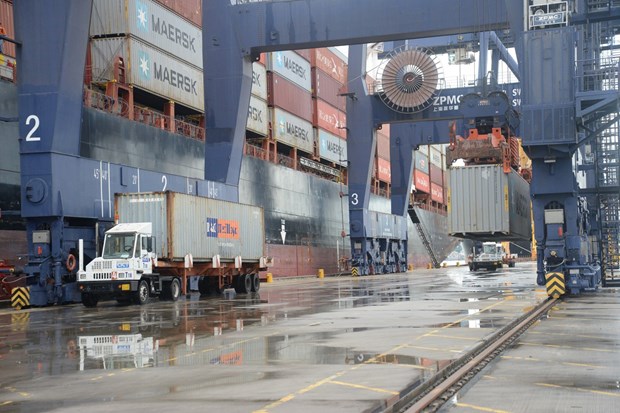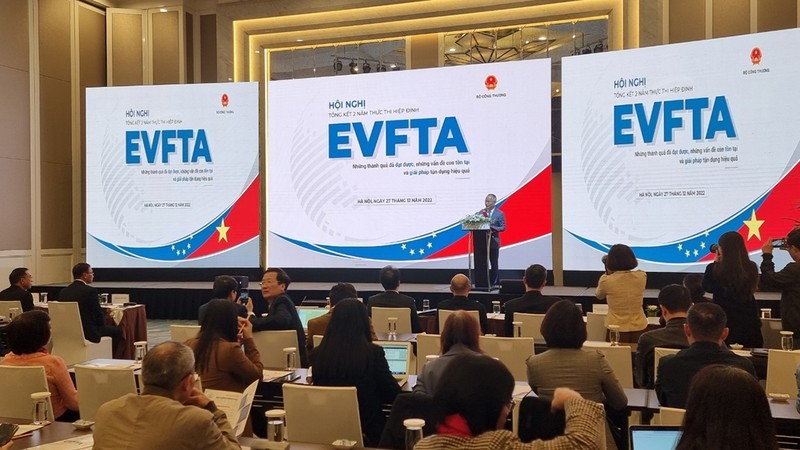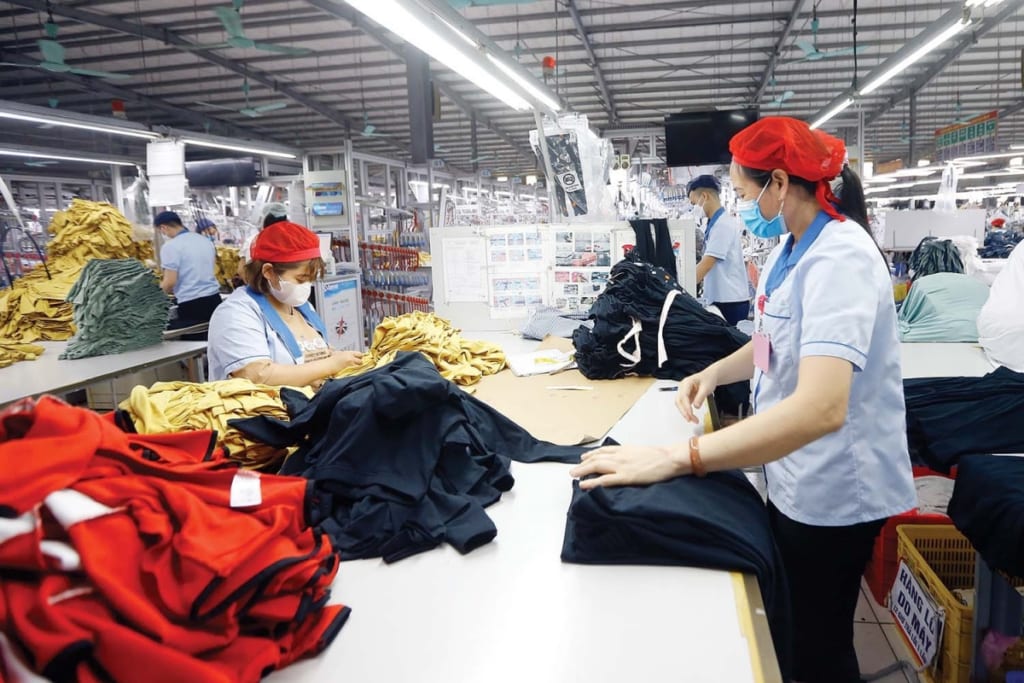In the ever-expanding field of global infrastructure, demand for skilled road workers continues to grow. Vietnamese road workers, known for their technical skills, resilience, and adaptability, are increasingly sought after by international employers. This article explores the unique qualities that make Vietnamese road workers ideal for road construction and maintenance projects worldwide.
1. Technical Skills in Machinery Operation and Road Construction Techniques
For road construction roles, proficiency with machinery and specialized tools is essential. Employers seek workers who are trained in operating heavy equipment such as asphalt pavers, rollers, excavators, and graders, as well as those knowledgeable in modern road construction techniques.
Vietnamese Road Workers’ Technical Proficiency
Vietnamese vocational programs place a strong emphasis on hands-on technical training, particularly for trades like welding, concrete mixing, and machinery operation. This training equips Vietnamese road workers with the practical skills necessary for high-standard international projects. Vietnamese workers often come to projects with experience operating and maintaining essential machinery, ensuring project efficiency and adherence to quality.
2. Physical Stamina and Endurance
Road construction requires a high level of physical strength and the ability to work in challenging conditions, including exposure to weather extremes and long hours on-site. Employers value road workers who can meet the physical demands of the job consistently.
The Resilience of Vietnamese Workers
Vietnamese road workers are known for their physical endurance and strong work ethic. Whether working under intense heat or in rainy conditions, they remain focused and productive, often meeting the demanding timelines of large-scale infrastructure projects. This resilience is particularly important for employers who need workers capable of maintaining a steady pace under challenging conditions.
3. Adaptability to Different Work Environments and Conditions
In global road construction projects, adaptability is a crucial trait. Road construction often involves projects in diverse climates and terrains, from deserts to mountainous regions. Employers seek workers who can adjust to different work environments and deliver quality results despite the varying challenges.
Adaptability of Vietnamese Road Workers
Vietnamese road workers come from a country with a wide range of climates and geographical diversity, giving them experience in adapting to different work environments. Their ability to work effectively in various terrains and adjust quickly to new environments makes them ideal candidates for international road projects in regions with unique climates or demanding landscapes.
4. Attention to Safety and Compliance with Industry Standards
Road construction involves close proximity to live traffic, heavy equipment, and the potential for hazardous conditions. Employers prioritize workers who understand and adhere to strict safety regulations and best practices.
Commitment to Safety Training and Compliance
Vietnamese road workers undergo comprehensive safety training, including proper use of personal protective equipment (PPE), hazard management, and traffic control. This emphasis on safety aligns with international standards, making Vietnamese workers suitable for projects with rigorous safety protocols. Their training in compliance ensures that they meet and often exceed the safety expectations of international employers, reducing the risk of accidents and enhancing workplace security.
5. Teamwork and Communication Skills
Effective road construction requires clear communication and teamwork to ensure the project runs smoothly. Employers look for workers who can communicate effectively with team members and demonstrate strong collaboration skills.
Cultural Emphasis on Teamwork
Vietnamese culture values cooperation, respect, and effective communication, which translates into a collaborative approach to work. Vietnamese road workers are known for their ability to work well within teams, respecting hierarchy and following instructions closely. This makes them particularly effective in international teams, where clear communication and a collaborative spirit are essential for project success.
6. Experience with Road Maintenance and Repairs
Many international projects are not limited to new road construction; they also involve ongoing road maintenance and repairs. Employers value workers with skills in both constructing new infrastructure and maintaining existing roads, as this versatility ensures project longevity and efficiency.
Dual Expertise in Construction and Maintenance
Vietnamese road workers are trained in both road construction and maintenance practices, including pothole repair, resurfacing, and structural reinforcement. This dual expertise allows them to contribute beyond initial construction, helping international employers manage long-term upkeep and road safety. Vietnamese workers are therefore versatile assets for projects that demand a range of skills, from building new roads to maintaining infrastructure over time.
7. Commitment and Reliability
In roles that require relocation or long-term commitments, employers value workers who are dedicated, reliable, and consistent in their attendance and work quality. For international road construction projects, retaining skilled labor for extended periods is critical for project continuity and efficiency.
The Reliability of Vietnamese Workers
Vietnamese workers are recognized for their loyalty, dedication, and strong sense of responsibility. They are committed to fulfilling the terms of their employment, making them a stable choice for long-term projects abroad. Their reliability reassures international employers that projects will not be delayed by high turnover, enabling smooth and steady progress.
Additional Factors Enhancing the Appeal of Vietnamese Road Workers
8. Government and Vocational Support for Road Construction Skills
The Vietnamese government supports vocational training for industries with high demand for skilled labour, including road construction. This support ensures Vietnamese workers enter the workforce with industry-relevant training that meets international quality standards.
Vocational Programs and Government Backing
With support from government initiatives, Vietnamese vocational schools provide specialized training in road construction and related skills. This structured training produces well-prepared workers ready for global infrastructure projects’ demands. Employers benefit from hiring workers with standardized training, as it ensures consistency in quality and safety practices.
9. Awareness of Environmental and Sustainable Construction Practices
Global construction is shifting towards sustainable methods to reduce environmental impact. Employers value workers who understand eco-friendly practices, such as minimizing waste and using sustainable materials.
Sustainability-Focused Training for Vietnamese Workers
Some Vietnamese vocational programs incorporate environmental awareness into their training, teaching workers sustainable practices for construction and maintenance. Vietnamese road workers’ knowledge of eco-friendly methods adds value to projects focused on sustainability and environmental responsibility, aligning with international trends in green construction.
10. Cultural Compatibility and Respect for Hierarchy
In multicultural teams, cultural compatibility can be an asset, especially for roles that require adherence to instructions and respect for established procedures. Employers in global projects prioritize workers who can integrate into diverse teams and show respect for authority.
Vietnamese Road Workers’ Cultural Strengths
Vietnamese workers are culturally inclined towards respect for hierarchy and authority, making them well-suited for projects with structured team dynamics. This cultural trait ensures harmonious collaboration, which is vital for productivity and team cohesion on large infrastructure projects.
Conclusion
Vietnamese road workers bring a wealth of skills and characteristics that make them highly valuable for international road construction projects. From technical proficiency and physical resilience to strong teamwork and adaptability, Vietnamese road workers possess the qualities that employers seek in this field. Their commitment to safety, familiarity with environmental practices, and cultural compatibility further enhance their appeal in the global market.
As demand for skilled road workers continues to grow worldwide, Vietnamese road workers are well-positioned to play an integral role in global infrastructure projects. With government-backed training, a reliable work ethic, and a deep respect for workplace safety and teamwork, Vietnamese road workers remain an excellent choice for employers seeking quality, consistency, and dedication in road construction.




